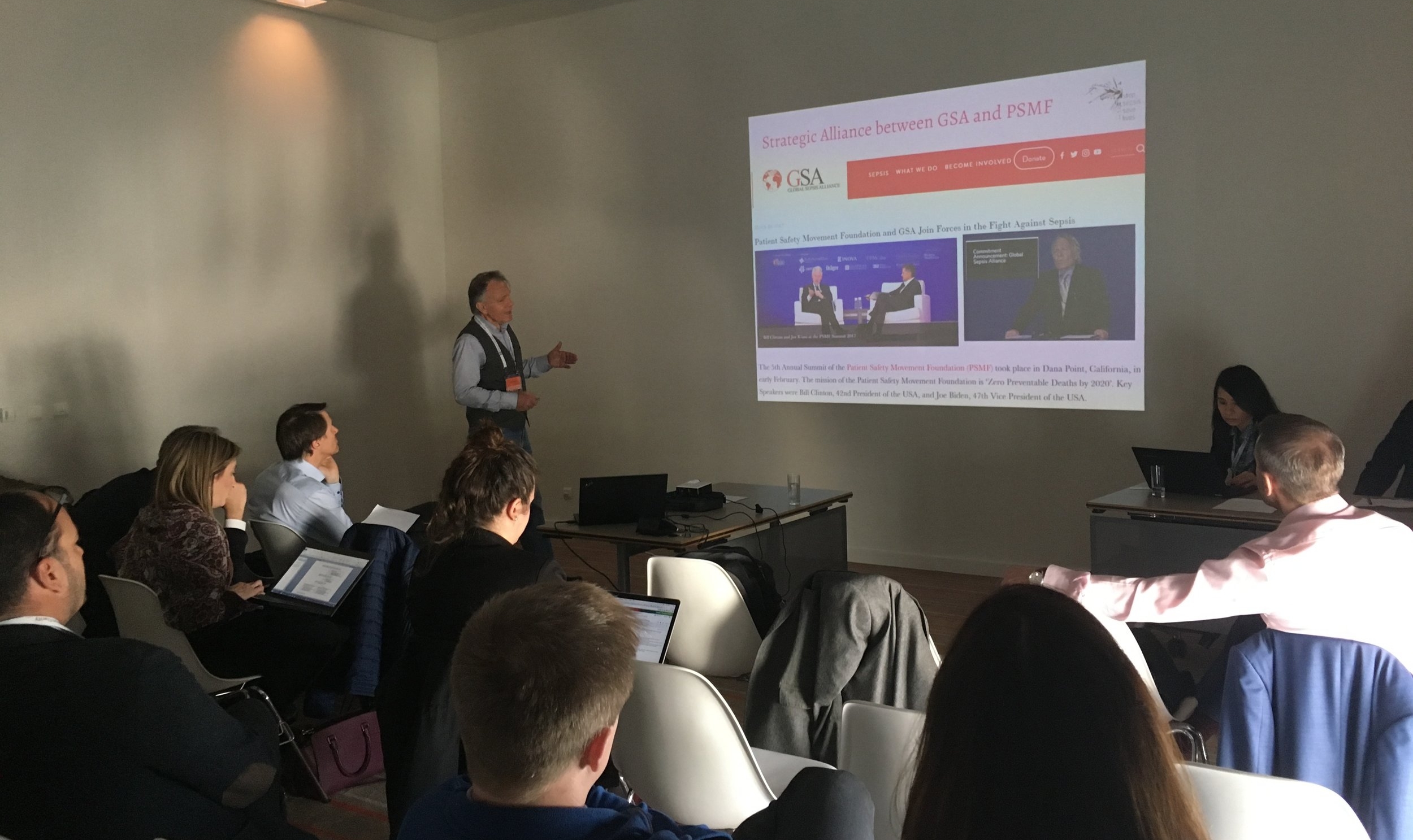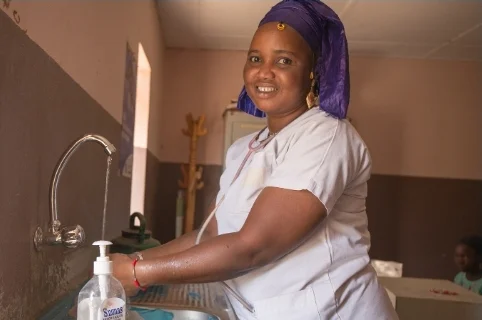The new definitions of sepsis as recommended by the “Sepsis-3” taskforce include the quick Sepsis-related Organ Failure Assessment (qSOFA) score as a screening tool for high-risk patients outside the intensive care unit setting and if laboratory testing is unavailable (1). In case of a positive qSOFA score, clinicians should “initiate or escalate therapy as appropriate, and (…) consider referral to critical care or increase the frequency of monitoring, if such actions have not already been undertaken”. In a recent large-scale retrospective study in the US, Churpek and colleagues (2) compared the prediction for hospital mortality and ICU transfer of qSOFA outside the ICU to other early warning scores such as the Modified Early Warning Score (MEWS) (3), the National Early Warning Score (NEWS) (4) and the SIRS criteria (5), which are part of the former sepsis definitions. They found that although qSOFA was more accurate than the SIRS criteria in predicting adverse outcomes of sepsis in patients on regular wards and the emergency department, it was less accurate than the other early warning scores. The NEWS was the most accurate in predicting adverse outcomes. They also observed that less than 20% of patients with adverse outcomes had a positive qSOFA by the time of infection suspicion, underlining the need of qSOFA recalculation during the course of treatment. In conclusion, general early warning scores hold an important position in the screening and risk-stratification of patients with suspected infectious diseases. Thus, patients may not benefit from replacing early warning scores by qSOFA.
References:
(1) Singer M et al. The third international consensus definitions for sepsis and septic shock (sepsis-3). JAMA 2016;315:801-810.
(2) Churpek M et al. qSOFA, SIRS, and Early Warning Scores for Detecting Clinical Deterioration in Infected Patients Outside the ICU. AJRCCM 2016 Sep 20.
(3) Subbe CP et al. Validation of a modified early warning score in medical admissions. QJM : monthly journal of the Association of Physicians 2001;94:521-526.
(4) Smith GB et al. The ability of the national early warning score (NEWS) to discriminate patients at risk of early cardiac arrest, unanticipated intensive care unit admission, and death. Resuscitation 2013;84:465-470.
(5) Bone RC et al. Definitions for sepsis and organ failure and guidelines for the use of innovative therapies in sepsis. Chest 1992;101:1644-1655.










